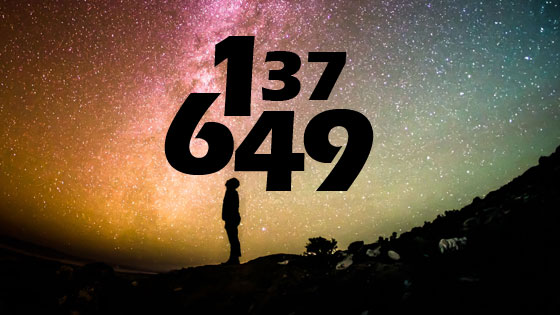Chinese numerology is a type of numerology which has been gaining traction in recent years thanks to an increased interest in numerology worldwide.
The study of numerology in Chinese can help people understand their lives, life paths and even decisions through the power of number language.
The following is a guide to understanding the Chinese sub-facet of numerology, important Chinese house numbers, and how it differs from traditional numerology.
What is Numerology?
Numerology is the study of numbers through the study of number language.
The concept behind numerology is that knowing the language of numbers will help you to discover new insights and information about yourself, your life, and the world around you.
Numerology as a concept has been around for almost 2 thousand years.
In the past few decades, it has become an increasingly popular topic as more studies and innovative findings have been published on the subject.
Today, it is easier than ever to find books, useful information and even professional readers who specialize in numerology.
 Chinese Numerology: What Are The Major Differences?
Chinese Numerology: What Are The Major Differences?
This Chinese sub-facet of numerology differs from standard numerology in several ways, although there are also similarities.
Similarities Between Chinese and Standard Numerology
Both types of numerology feature charts; a Chinese numerology chart may have a slightly different format than a regular numerology chart, depending on the type of reading being done.
Both types of numerology also make a distinction in regards to special numbers; Chinese numerology house numbers are some of the most important numbers in Chinese numerology, whereas in standard numerology life path numbers are considered some of the most important.
Differences Between Chinese and Standard Numerology
Some of the most significant differences between the Chinese version of numerology and standard numerology are as follows:
- Different numbers hold different meanings, so Chinese lucky numbers differ from Western lucky numbers; for example, the numbers 8, 6 and 9 are considered highly lucky numbers, with the number 8 being considered the most prosperous and desirable
- Even numbers are more auspicious than odd numbers, which has led to traditions such as buying pairs or even amounts of items (especially gifts) in China
- 4 is an unlucky number for language reasons; the number 4 sounds similar to the Mandarin word for ‘death’ and is considered to be highly unlucky
- In Chinese tradition, numbers are sometimes used similar to horoscopes and can be used to predict things like personality, success, compatibility and more
Another highly Signiant difference between the two concepts is the fact that, as a general rule, the Chinese version of numerology is more or less adopted into standard Chinese culture whereas numerology in the West is still considered a niche study that is—with some exceptions, such as the avoidance of the number 13 as being considered unlucky—not considered widely adapted.
In China, however, numbers can play a significant role in everything from what gifts people buy for friends and family to the homes they buy, where they live, and even the license plates on their cars or motorcycles.
People pay top dollar for license plates and other essential identification material that contain auspicious numbers in China, which is just one way of showing how widespread numerology is in that country.
 Chinese Numerology Lucky and Unlucky Numbers
Chinese Numerology Lucky and Unlucky Numbers
In China, lucky numbers–or auspicious numbers–differ from the numbers considered lucky in the West; unlucky, or unsuspicious numbers, also differ from their Western counterparts.
Lucky Numbers
Chinese Numerology 8
The number eight is the luckiest number in the Chinese study of numerology.
The reason for this is because the Mandarin word for 8 sounds very similar to the word for fortune and wealth.
Multiple occurrences of 8, especially double-8s, are considered especially lucky as they resemble the character for “double happiness.”
8 is so popular that it is often used when determining dates for special events. For example, the Beijing Summer Olympics started at 8:08 PM on 8/8/2008.
Chinese Numerology 6
The number six is another lucky number in the Chinese study of numerology.
The number 6 sounds similar to the Mandarin word for “flow,” and the number is considered especially good for promoting fortune and good luck.
As with the number 8, multiple occurrences of the number 6–even triple 6s, which are considered negative in Western culture–are considered especially lucky.
Chinese Numerology 9
The number nine is yet another lucky number in the Chinese study of numerology.
The number 9 sounds similar to the word for “eternity” and “long-lasting” in Mandarin.
The number 9 is frequently used in weddings and birthdays; historically, it was frequently used in association with emperors to promote a long-lasting reign.
Unlucky Numbers
Chinese Numerology 4
Four is the most unlucky number in the Chinese numerology.
This is because, as it was mentioned earlier, the number 4 sounds similar to the Mandarin word for “death.”
The number is completely avoided in China in a similar way that “13” is avoided in the West.
Hotels typically do not have any floors which contain the number 4 (including 4, 14, 24, 34, etc.) and telephone numbers, license plates and other identification numbers avoid “4” as much as possible.
Chinese Numerology 7
7 is an unusual number in the because it is both lucky and unlucky.
Culturally, the number is associated with the ‘ghost month’ in which there is a cultural ghost festival recognizing the spirits of the deceased; in some ways, the number 7 is therefore associated with the spirit and energy of a person.
On the other hand, the number 7 can be considered unlucky because the number sounds similar to the word for ‘cheat.’
 Final Thoughts
Final Thoughts
Chinese numerology has a long cultural history that helps set it apart from the traditional Western study of numerology which is only now beginning to have a stronger hold in society. Although there are some differences between the Chinese study of numerology and Western numerology, the primary belief in the importance and power of numbers remains the same.
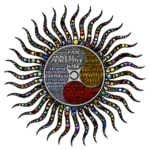


 Chinese Numerology: What Are The Major Differences?
Chinese Numerology: What Are The Major Differences?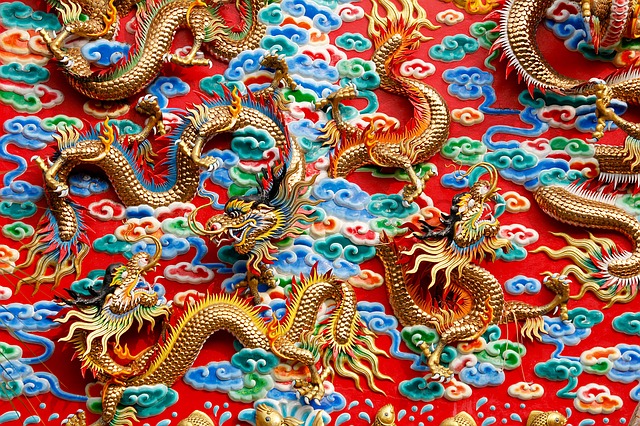 Chinese Numerology Lucky and Unlucky Numbers
Chinese Numerology Lucky and Unlucky Numbers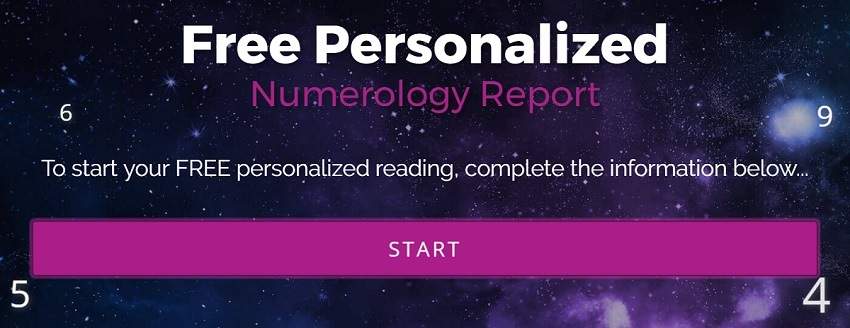
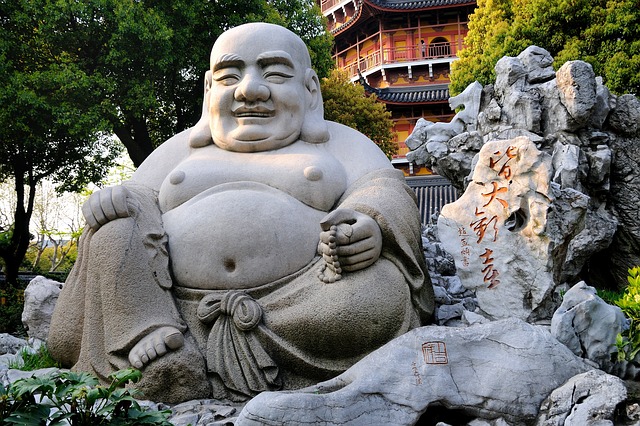 Final Thoughts
Final Thoughts

